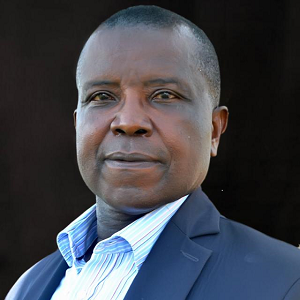Basic Concepts and Theories of Peace and Conflict (GSP 201)
HomeCoursesBasic Concepts and Theories of Peace and Conflict (GSP 201)
About this Course
Basic Concepts and Theories of Peace and Conflict is the first phase of exposure of Peace and Conflict studies as a General Studies course to undergraduates in our programmes. It conceptualises peace and conflict as social processes, and introduces the student to approaches, concepts and theories in the social science disciplines that are applied to the identification, description and explanation of the sources of conflict and facilitation of peace in human society. Areas covered include identification of the universe of the social sciences as human endeavour to actively study and resolve social problems through the scientific method. Strands of peace and conflict in the constructs of the social sciences such as in religion, environmental or geographical/territorial access, intrapersonal and interpersonal sources of conflict, access and use of state power (politics), economics, mass communication, ethics in leadership, and public administration are explored. The course is sequel to the more advanced course on Issues in Peace and Conflict Resolution Studies, which is undertaken in the second semester.
The course, Basic Concepts and Theories of Peace and Conflict is presented in 12 modules.
- Module 1 summarizes the universe of the social sciences, while
- Module 2 focuses on the scientific method as applied in the social sciences.
- Module 3-12 introduces basic knowledge in particular social science disciplines that relate to sources of peace and conflict in human society.
| Course Code | UNN/OC/0074 | |
| Course Start Date | Started | |
| Course Duration | 3 Months | |
| Dedication | 2 hours per week | |
| Number of Modules | 12 | |
| Level | Basic | |
| School offering course | UNN Online School of General Studies | |
| Language | English | |
| Video/Audio Media | None | |
| ₦ | Course Fee | 0.00 |
Course Prerequisites / Requirements
This course is designed for students of the University of Nigeria, Nsukka. It is meant for newly admitted students (First year students) of concerned departments and faculties. However, some departments opt to have their students take this course in their second year. The course is designed to run for a semester. Normally, students of each participating departments are assigned to a particular lecturer of the unit who registers, gives out term paper / seminar topics and continuous assignments as well as oversees the grading of such. With the transition to online, this norm still applies, albeit more streamlined. As a registered student of this course, all learning materials of the course are made available to you on this platform. You must study consistently and conscientiously, the entire course material, attempt and submit all course assignments punctually.


